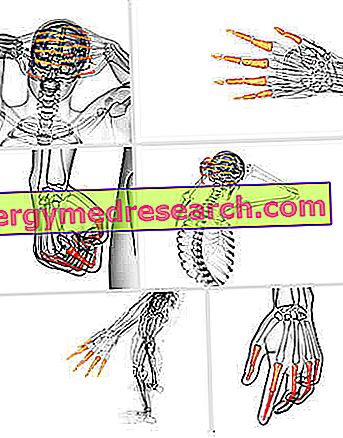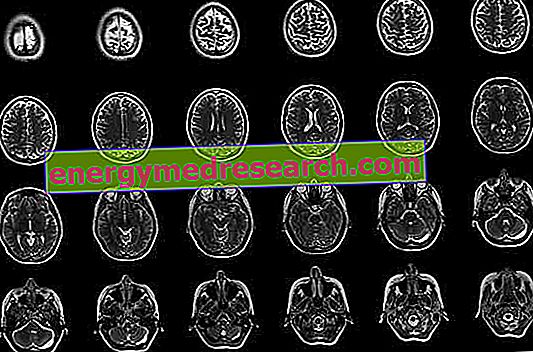By Dr. Antonio Parolisi
Considerations on breakfast based on the energy demands of the individual subject
It is considered by many to be "the most important meal of the day". According to Ori Ofmekler, author of "The Warrior Diet", this concept has no scientific value.
It is generalized when an axiom like breakfast is affirmed, as the subjectivity of the individual is not sufficiently considered.
Here we go again! Subjectivity is still the queen of questions!

He bases his assertions on the assumption that the body interprets fasting as a situation of famine, putting itself on alert to try to survive (action of the orthosympathetic system) and promoting the synthesis of a whole series of hormones that promote the mobilization of fats for purpose energy, such as growth hormone, adrenaline and noradrenaline (adrenergic system). These hormones improve the chances of survival by increasing physical abilities.
Always according to Ofmekler, during the day completely natural foods should be consumed, such as centrifuged vegetables, some fruit and small amounts of protein. In the evening with rest, which he calls "of the warrior", the body is placed in a state of total relaxation; this is the right moment to supply the energies consumed during the day, through foods that promote the release of serotonin, stimulating the prevalence of the parasympathetic nervous system with the mediation of the aceticlcolina (cholinergic system) which gives a feeling of peace and " deserved rest "after the" war of the day ".
During the day physical exercises will be practiced that require considerable muscular effort, simulating the fighting action of the ancient warriors.
The above, in my opinion, is a bit risky as we do not consider the daily activity of the individual subject.
The "Warrior Diet" takes as an example the soldiers of the Roman empire who were subjected to stresses important for wars and great displacements; they trained to fight, they had powerful builds and important muscle masses, so they brought a lot of energy into the body during periods of rest and nutrition.
Currently, even if the line of thought is not wrong, people with a warrior spirit have remained few. Most people do jobs in the office or at least not even comparable activities to those of a warrior.
The truth is always in the middle ...
It is perhaps true that breakfast "is not the most important meal" of the day, but let us ask ourselves which day. Perhaps the opposite is also true, that "breakfast is the most important meal of the day", but let us always ask ourselves the same thing: what day?
Most nutritionists say that you have to take a substantial amount of calories when you wake up in the morning because your body has been in a fasting state for more than 10 hours. Obviously the caloric intake depends on how long you sleep, so you need to take energy for the short and long term, to dispose of it for the first part of the day. We even recommend around 30-50% of the daily calorie amount. Ultimately, on a diet of about 2000 kcal, breakfast will have to bring from 600 to 1000 kcal!
Let's say that a person wakes up calmly around 9.00 in the morning and goes to open his Computer around 10.00 to work on publishing articles on the internet. He will remain seated for almost 4 hours without ever getting up, except for physiological toilet requirements; after which he will go back to the kitchen for the lunch break, rest for a nap of 30 minutes, wander around the house a little, and revisit a few more articles until 4.00 pm when he begins to prepare his bag to go to the gym. Here, almost 90 minutes of physical activity with free weights and aerobics are waiting for you, after which you will return home to end the day with a good movie.
It is not an exaggeration but the classic example of an active person, dedicated to the practice of regular exercise for a few hours a day but with the rest of the day as a good sedentary.
CONTINUE: second part »



